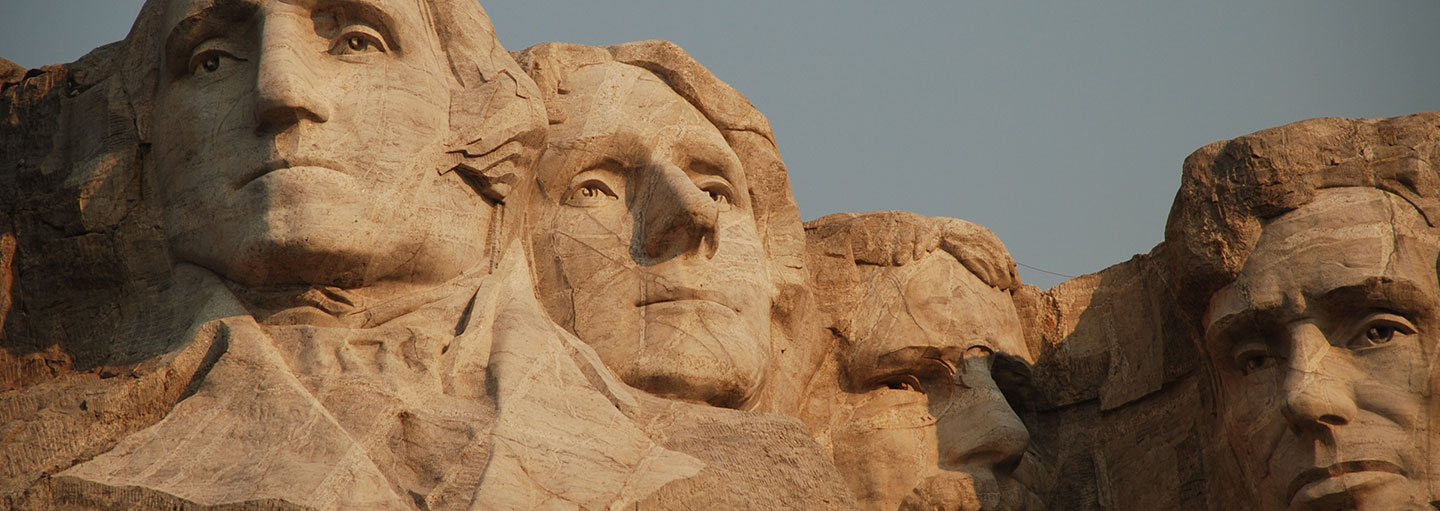I’ve noticed something, and I’m sure you have too. We’re facing a time of major cultural upheaval across the Western world. Divisions run deep, and the cultural rifts that have long sat silently beneath our feet are emerging in the light of COVID-19 and the U.S. election.
When the world around us starts to shake, we naturally feel around for something to hold on to. And in a secular age, the most obvious stabilising force for us is politics.
An example of our growing preoccupation with politics is how celebrities, corporations, and sporting codes have begun to take overtly political stances on the spectrum of issues of the day—whether the rainbow flag, the thin blue line, Black Lives Matter, or the Orange Man in the White House.
Consider Goodyear, which made headlines last month when an employee blew the whistle on diversity training at one of its plants. Employees had been given permission to wear LGBT and BLM attire, but were told that clothing with messages like “All Lives Matter” or “Make America Great Again” were unacceptable in the workplace.
Disney has likewise found itself in hot water of late. Last year, Disney threatened to no longer film in the U.S. state of Georgia because of the state’s plan to pass pro-life legislation that would protect unborn babies whose heartbeat was detectable. But many pointed out the hypocrisy when Disney not only filmed Mulan in Xinjiang—where China is waging genocide against Uighur Muslims—but even thanked Chinese Communist Party officials for their cooperation in the film’s credits.
These are some of the more hypocritical examples. And I’m not convinced that politicising everything is getting us anywhere. I think we’re much better off when politics is left off the sporting fields, out of the boardrooms and away from the silver screen.
Let Goodyear make tyres, let Disney make movies, and let’s leave political viewpoints where they belong—in the public square, and in the hearts and minds of free-thinking individuals.
But there is a more ominous sign that we are leaning too heavily on political solutions: we’ve begun to forget the healthy limits of government.
With our tax dollars, governments provide important services that the private sector could never manage alone—from healthcare to policing to infrastructure and more. We need government. But we also need to resist the temptation to ask government for everything.
Like the proverbial 40-year-old still living in his parents’ basement, it’s easy to expect our governments to meet every need that loved ones, charities, businesses—or we ourselves might have provided in a past age. We are especially at risk when we ask the government to save us from the consequences of our own unpredictable and unhealthy lifestyles.
We could go on outsourcing our needs to bigger budgets and more powerful bureaucrats, and in doing so, we would find short-term solutions to our problems. But we’d also build for ourselves a suffocating surveillance state and tempt tyranny. Thomas Jefferson wisely warned that, “a government big enough to give you everything you want is strong enough to take everything you have.”
Last century, many nations responded to their times of cultural upheaval by turning to politics as an all-encompassing solution. But it ended in horror and bloodshed.
The scourges of fascism and communism seem like a mystery to us until we realise that their infamous leaders won the trust of the masses with grand promises. So great were their promises that the only way to fulfil them was for their nations to become totalitarian—to make every aspect of life the concern of government. As C.S. Lewis sagely warned,
Of all tyrannies, a tyranny sincerely exercised for the good of its victims may be the most oppressive … those who torment us for our own good will torment us without end, for they do so with the approval of their own conscience.
As they say, the road to hell is paved with good intentions.
It’s not as though tyranny is just around the corner for us (though recent events in Victoria rightly have many Australians concerned). Still, for the health of our democracies and for our own headspace, we need to return to some basic truths.
The human race was made to need God. In the modern era, we have put God at a distance, or we have redefined him as a kind of impersonal force that isn’t particularly concerned with everyday human affairs.
The disappearance of faith from the West is why we are so tempted by political solutions today. In the absence of God, the State feels like the next best thing; the most powerful alternative to God that can fill the empty void above us.
But political solutions are only temporary—and they can be both divisive and dangerous.
It’s a simple fact of life that we will always have to deal with politics and government. Even Jesus told us to render to Caesar the things that are Caesar’s—whether our taxes, or in a democratic age, our votes. But we have a higher hope than politics: the God who is there. Most important of all is that we render to God the things that are God’s.
Even as we live out our days in these unstable and earthly kingdoms, God invites us to find our stability in his unseen, eternal kingdom.
“In times of trouble, may the Lord answer your cry.
May the name of the God of Jacob keep you safe from all harm…
Some nations boast of their chariots and horses,
but we boast in the name of the Lord our God.” Psalm 20:1,7
An eternal perspective has very practical benefits. Our desire for utopia is built-in.
It reminds us that the utopia we naturally long for is coming and therefore doesn’t need to be attempted down here. (This is a relief, given how many of our past attempts at it have ended in disaster). It is also a warning to would-be tyrants that they won’t escape judgment.
Faith in God also safeguards us from having opinions assigned to us by “the powers that be”. If we are all made in God’s image, then each person has the freedom to form their own opinions, and the government has an obligation to protect that freedom.
Most important of all, knowing that we are citizens of heaven allows us to lift our eyes above the debates and divisions of the day and find our hope and security in God himself. C.S. Lewis had wisdom on this, too:
“If I find in myself desires which nothing in this world can satisfy, the only logical explanation is that I was made for another world.”





















